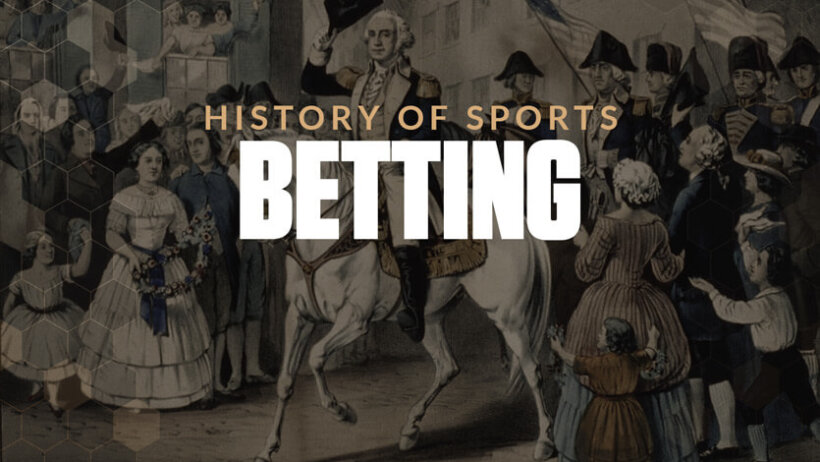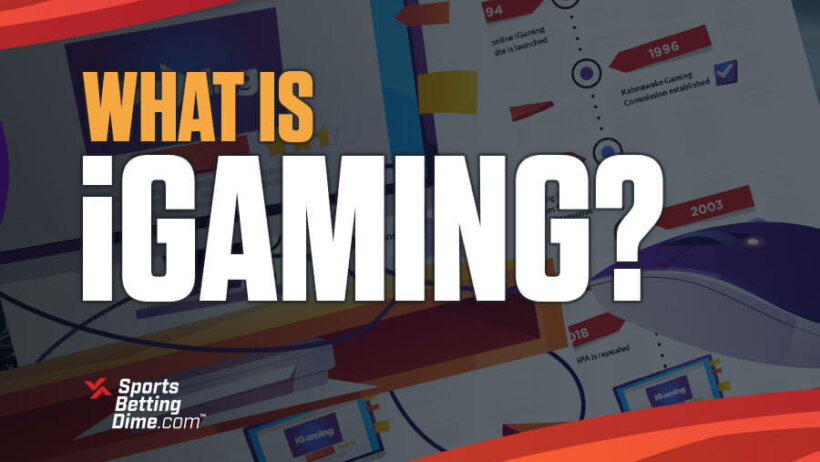Understand the Laws Around Sports Betting
The legal landscape surrounding the sports betting industry has seen major developments in recent years as public sentiment shifts strongly in favor of widespread legalization. Laws around gambling and sports betting in particular are continually evolving, so it’s important that bettors stay up-to-date on new developments. Our Legal Guide takes a detailed look at the legality of sports betting, exploring the way laws have changed over time, helping you pay tax on your winnings, and tracking new legislation and additional betting opportunities as they become available. Clarity is key when discussing the legal environment surrounding sports betting. We’re here to help you with the info you need to bet safely, enjoyably, and legally.


